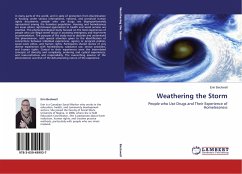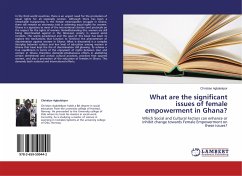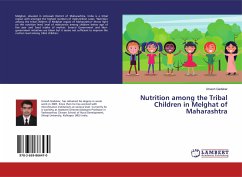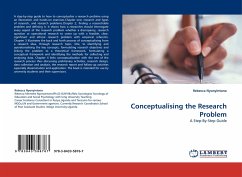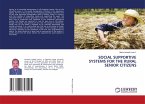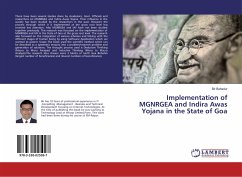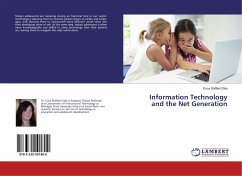In many parts of the world, and in spite of protection from discrimination in housing under various international, national, and provincial human rights documents, people who use drugs are disproportionately represented among the homeless population. Housing and homelessness are areas where rights-based approaches to health and social services are essential. This phenomenological study focused on the lived experiences of people who use illegal street drugs in accessing emergency and short-term accommodation. The purpose of the study was to describe and understand this phenomenon, with special attention given to the identification of connections between individual experiences, agency or program policies, social work ethics, and human rights. Participants shared stories of very diverse experiences with homelessness, substance use, service providers, and human rights. Central to their experiences were the interrelated concepts of diversity and complexity, enduring and cyclical experiences, and resourcefulness and responsibility. The overarching essence of the phenomenon was that of the dehumanizing nature of the experience.
Bitte wählen Sie Ihr Anliegen aus.
Rechnungen
Retourenschein anfordern
Bestellstatus
Storno

